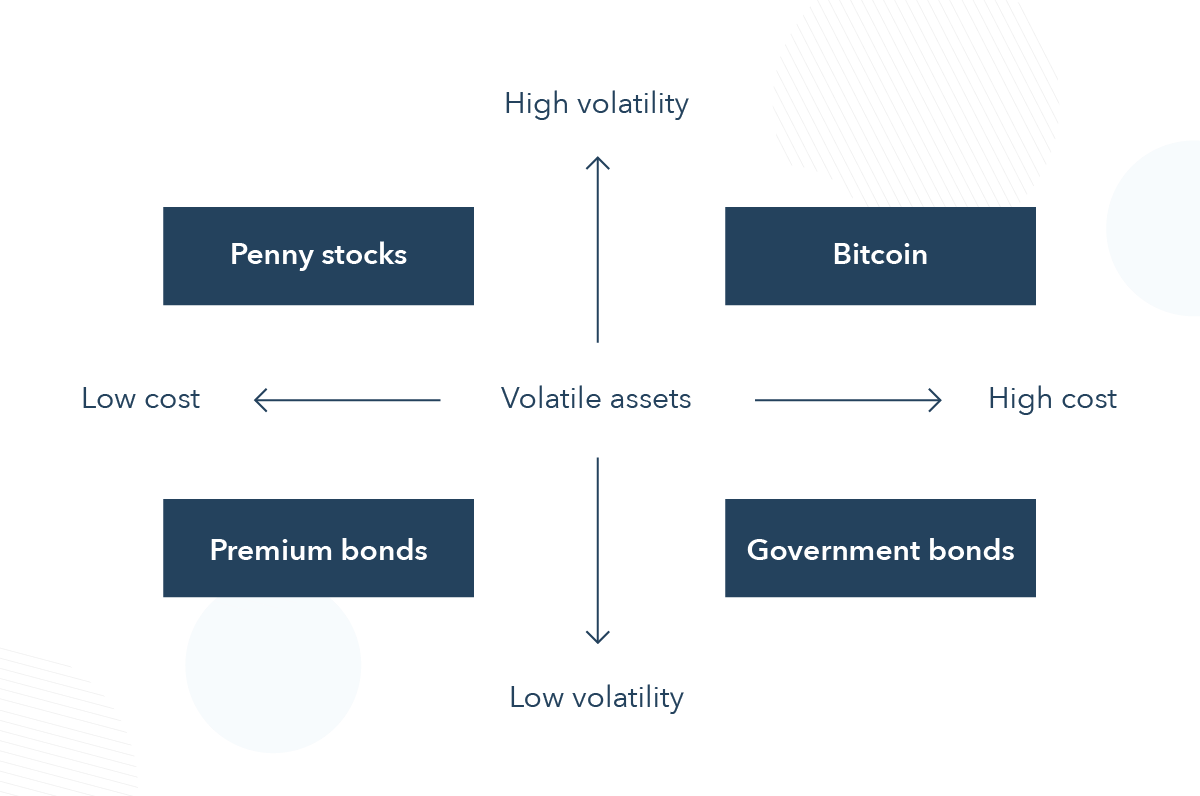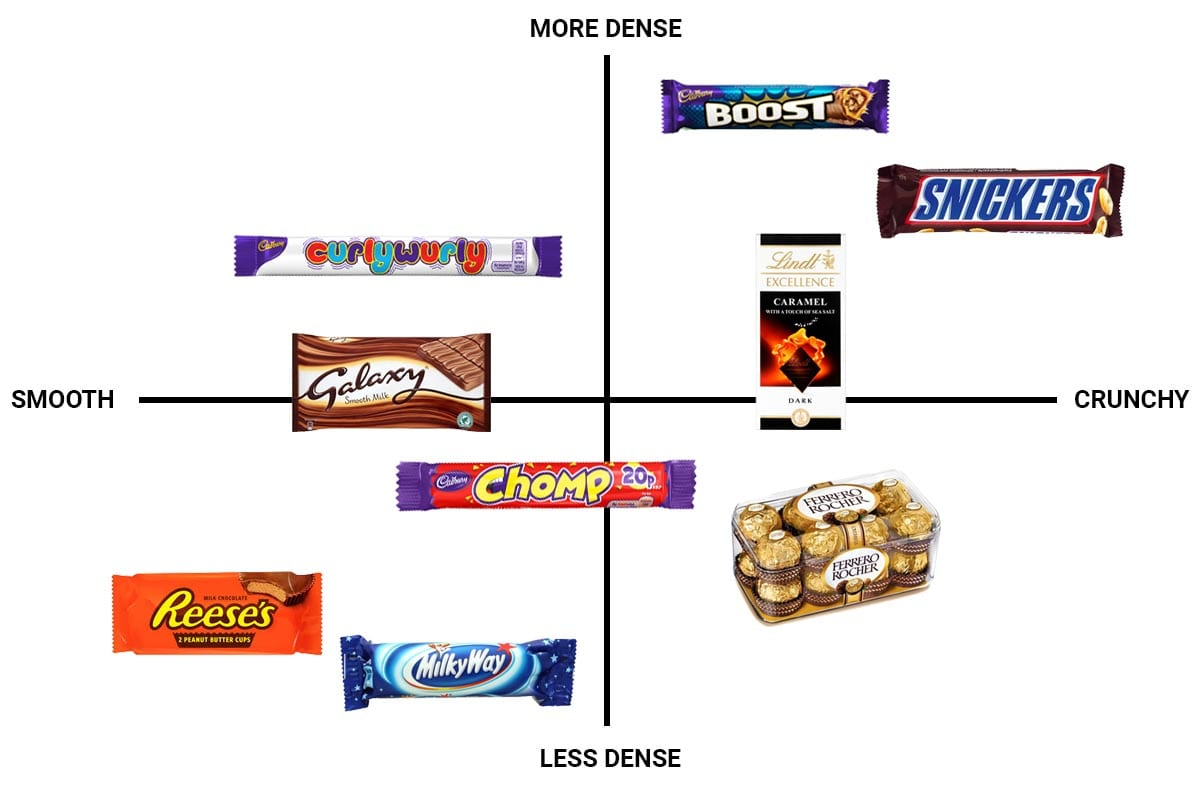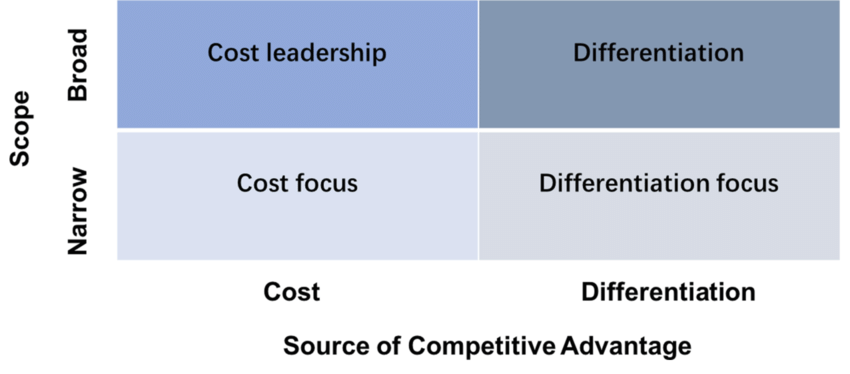1.1.3 Market Positioning
Market Mapping
positioning the products or service a business intends to provide to the market
Market mapping can be used to identify a gap in the market or to reposition a product
In order to identify a gap in the market businesses can construct a diagram of where competitors are on two axis - eg price and quality.
they can then use this to find a gap where they can insert themselves.
Examples:


Competitive Advantage
A feature of a business that gives it an advantage over its competitors, allowing it to generate larger the average turnover for the industry
When a business achieves profits that are above average for the industry it has a competitive advantage.
Competitive advantage is achieved by using resources to achieve either:
Cost advantage - same quality of product at a lower price
skilled workforce and efficient operations to provide a lower cost - eg ASDA, Ryanair
Differentiation advantage - superior product through differentiation
Better design, Research, branding - eg Dyson, Apple, Waitrose
Michael Porter’s strategy states that a business can enjoy a competitive advantage if they are either,
Lowest Cost
Highest Differentiated

Porters basic rule is to be one thing or the other and not stuck in the middle
Cost Leadership = being able to offer your product or service at the lowest cost possible
Differentiation = being able to offer a product or service that stands out from the competition
Product differentiation
how a business distinguishes the product/service from competitors through reputation, service, features or value.
It can be achieved two ways:
unique feature of the product/ service itself.
Unique feature via Marketing (persuasive advertising)
What Does it do?
Allows a business to gain brand loyalty and charge a premium price.
Lowers PED and makes it more inelastic to increase prices.
Added Value
the difference between the price that is charged to the consumer and the cost of inputs requires to create the product or service. - Added Value = Price - Cost of Production
Added value can be achieved by improving the product / service or improving the way customers perceive the product or service.
Ways a business could do this:
Design - improving on design features to make their product unique adds a differentiation advantage.
Production - improving quality and efficiency adds value and brings down production costs.
Marketing - creating an image that makes the product more desirable
The benefits of adding value incl:
charging a higher price
protection against competitors offering low prices
establishing customer loyalty